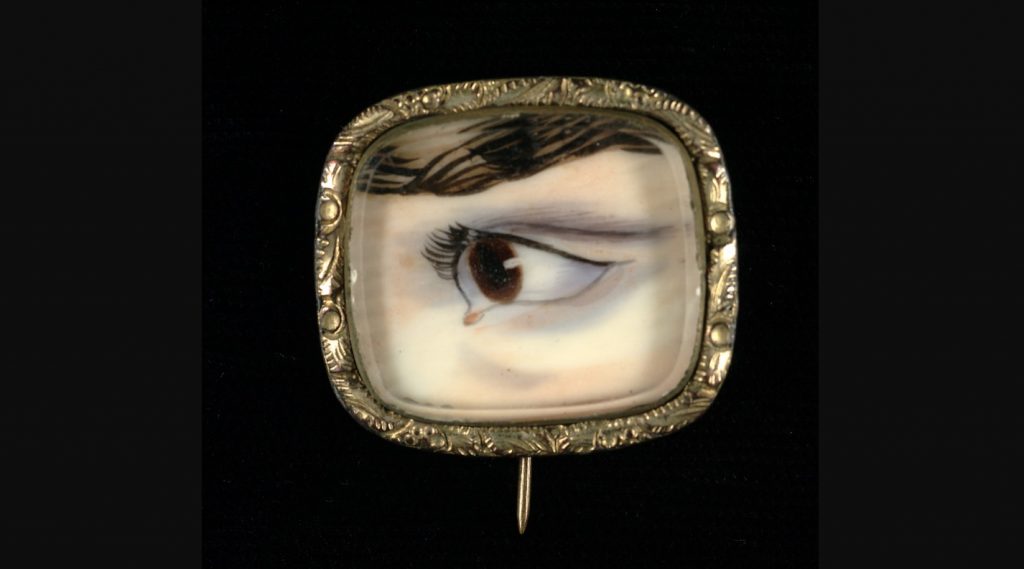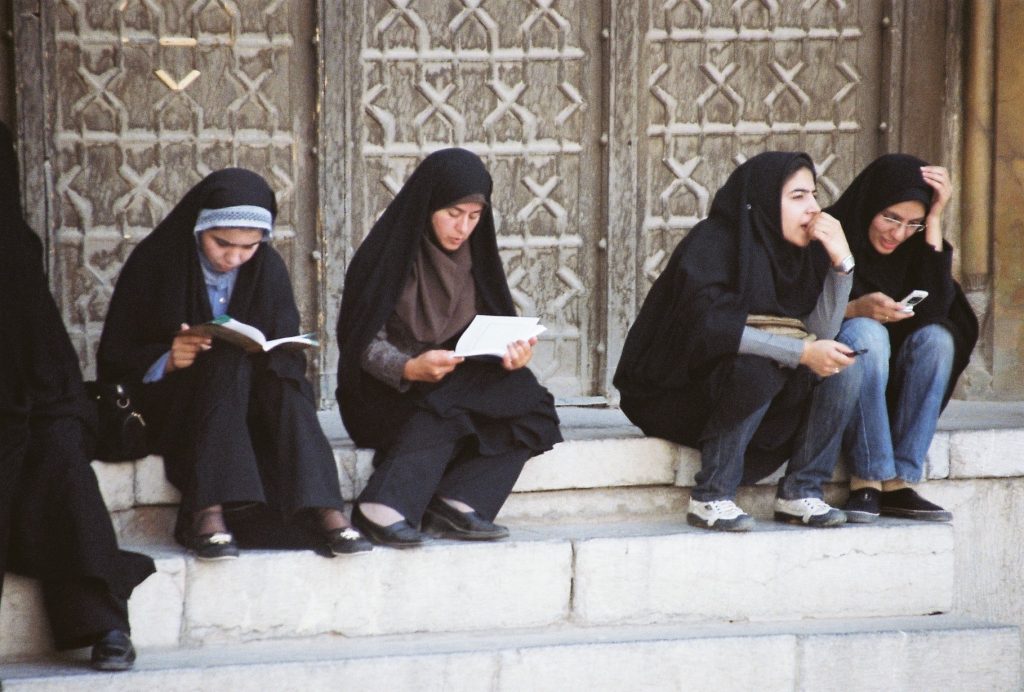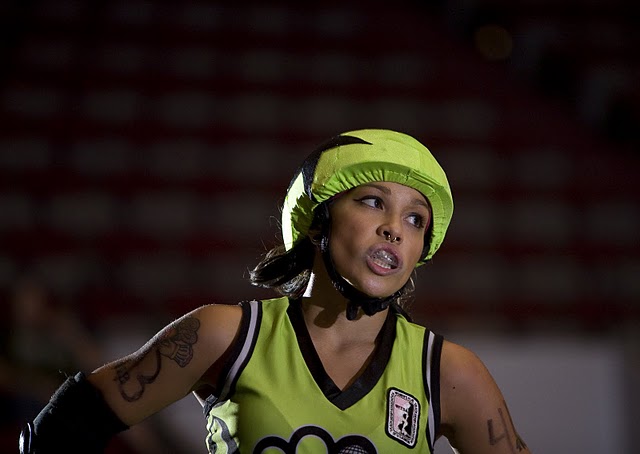“She Made My Eyes,” nonfiction by Nahal Suzanne Jamir, appeared in the Spring 2018 issue.
On the third page of Nahal Suzanne Jamir’s “She Made My Eyes,” Jamir asks if I want the truth. Her truth is to predict that “this story will bring you to tears.” Just as she makes this bold prediction, she offers me an escape. “Inside your teardrops,” Jamir says, “there will be little stars that you can wish on, and they will take you to other stories that aren’t so precious and sad.”
I chose Jamir’s precious, sad story of her mother — specifically of her mother’s poor eye health and of what comes with the ability to see and not to — because the prose so deftly moves me from the unknown to the known, the prophesied and the predicted but unfulfilled. Time passes in “She Made My Eyes” like it does in dreams, unimpeachably logical yet without the expected structure. Just as I believe I know where Jamir is leading me next, possible prophecies piling up like choose-your-own-adventure pathways, reality takes a different turn. “One small thing leads to bigger things. Every penny counts. The little ant can kill the tiger.”
Jamir makes my eyes, and unmakes them, giving me sight in many forms but not letting any way of seeing truly satisfy me. I have to keep searching beyond the essay for that, and will. This is what great prose does — takes your eyes and gives them back new, ready to see some more.
–Samantha Bares, MQR Staff
I cannot be trusted to return
what I’ve been given I need to be taken care of paradise lies
at the feet of mothers I will believe you when you tell me your dreams please mother me kiss all my secret rashes I am awake and will be
—Kaveh Akbar, “Milk”
A long time ago, my Persian mother became a prophet, like Tiresias, and she told me I would die. But what does she know? She was cursed for interrupting love, for not allowing it. She was cursed for her crudeness. Is she a man or a woman? She is Woman and Mother, yet of no sex. No sight. She sees and does not see.
A long time ago, my Persian mother became a prophet, and she told me I would live forever after dying a terrible death. She told me that I would wish I had never lived at all, that the world would squeeze me so tight I would become the black hole which is the source of all broken things.
I tell myself that there is an escape.
~
In 2000, my mother had her first eye surgery. A standard cataract operation on one eye, her left. Though both eyes suffered from cataracts, she only wanted to take care of one eye at a time. She has always been a cautious woman.
I was in college then, and I didn’t go home because my parents told me it was a simple surgery. I asked my mother if she wanted me to come home. I don’t remember what she said.
The surgery didn’t go well. Later, my mother would say that the night before the operation, she’d had a dream of her grandmother, Parijan. A warning. My mother should have known.
Her vision was not restored, and she suffered in the months following. She lost the independence she’d had her entire life. She had come to the New World, and now she couldn’t drive to the grocery store. She became depressed and, at age sixty, finally suffered a mid-life crisis of sorts. Her marriage took on a lot of her anger. I took on a lot of her anger. I took on a lot. I took a lot.
~
This is based on a true story, which is a still a story. This is based on a myth. A lie. When my mother loved me, a long time ago, she would lie with me as I fell asleep. She would naz my head, gently rubbing, until a small hole appeared. In came the stories. My mother always held us, her children, close.
~
Before all of this business about eyes, my mother was going to have an operation to fix her back, which had been injured while she was a nurse in the epilepsy unit. A patient fell on her. He was a child jumping to his mother, but he was too old. He was a man jumping to his death, and my mother caught him. The incident damaged a vertebra, and my mother had to stop working. She temporarily retired.
Summer, 1999. I was growing up. I thought I was really beginning to understand her pain, not through my words but in my dreams. I dreamt of her death, and then I called her and told her not to have the operation for her back. I told her that in my dream I’d seen her mother, my grandmother. In Persian, Maman Bozorg. Or I thought it was Maman Bozorg. This old woman, she could have been anyone. My mother believed it was Maman Bozorg and also other long dead female ancestors, like my great-grandmother, Parijan. All of them together. My mother believed the story of my dream.
~
To continue reading, purchase MQR 57:2 for $7, or consider a one-year subscription for $25.
Image: Artist unknown. Watercolor of eye on ivory. Ca. 1900. Smithsonian American Art Museum, Washington, D.C.




